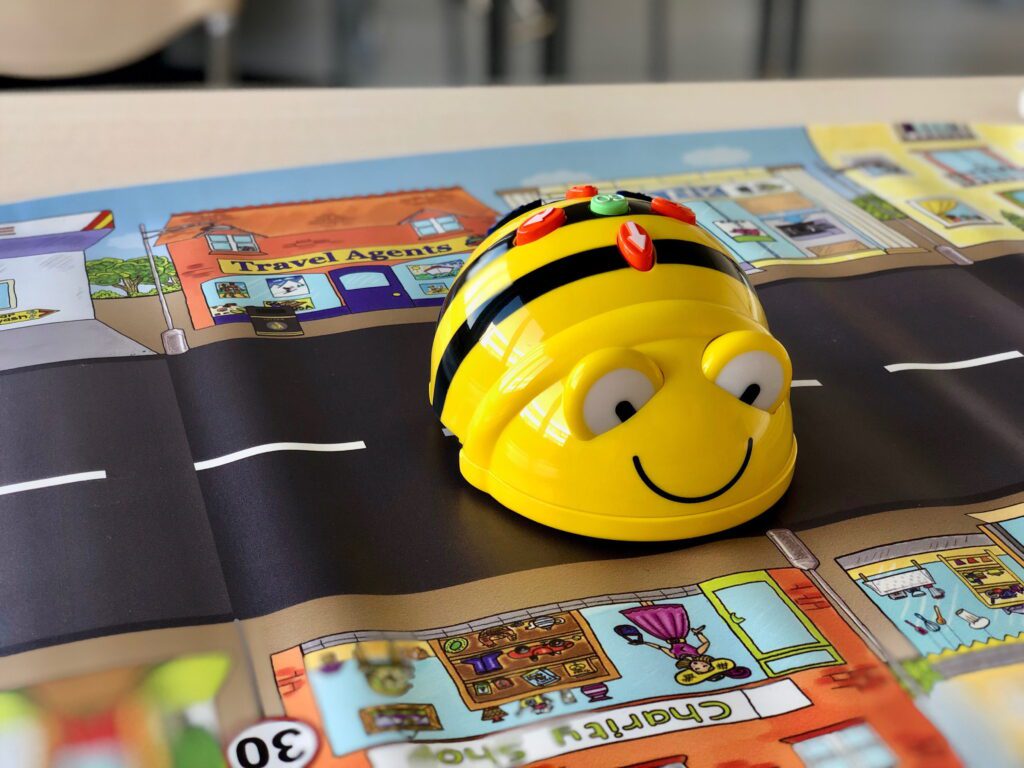Classroom, Fun and Educational, Teacher Survival
The Power of Play

By. Meredith Biesinger
The science of brain development is fascinating! Thanks to science, there is now concrete evidence that there is real power in play-based learning.
Play is often dismissed or labeled as “just fun,” however, the art of playing is an important activity that children use to learn about and interact with their world. By doing so, they gain the mental, physical and social skills necessary to succeed in their adult lives.
For a child, play is their vehicle for exploring and learning, while developing new skills, and connecting with others. Through self-directed play, children can discover and follow their interests, explore the unknown, link outcomes with choices, conquer their fears, and make friends, and who doesn’t want that?!
I know what you’re thinking, “But, there’s no time! We have to meet certain standards and expectations each day.” True. I believe we all can agree that the demands on educators and their students are simply too much right now; they really are. However, there are simple ways to implement play into lesson plans and reap successful outcomes from doing so.
Here are a few ideas that can easily be aligned to a skill or standard and modified for various grade levels.
Create Play-Based Learning Centers
Use Manipulatives
Play Games
Take Play Breaks
Take Your Learning Outside
Act it Out
Remember that play-based learning is still adult-directed, and you are organizing the play for your students. After all, “Play is the work of a child.” ~Maria Montessori



